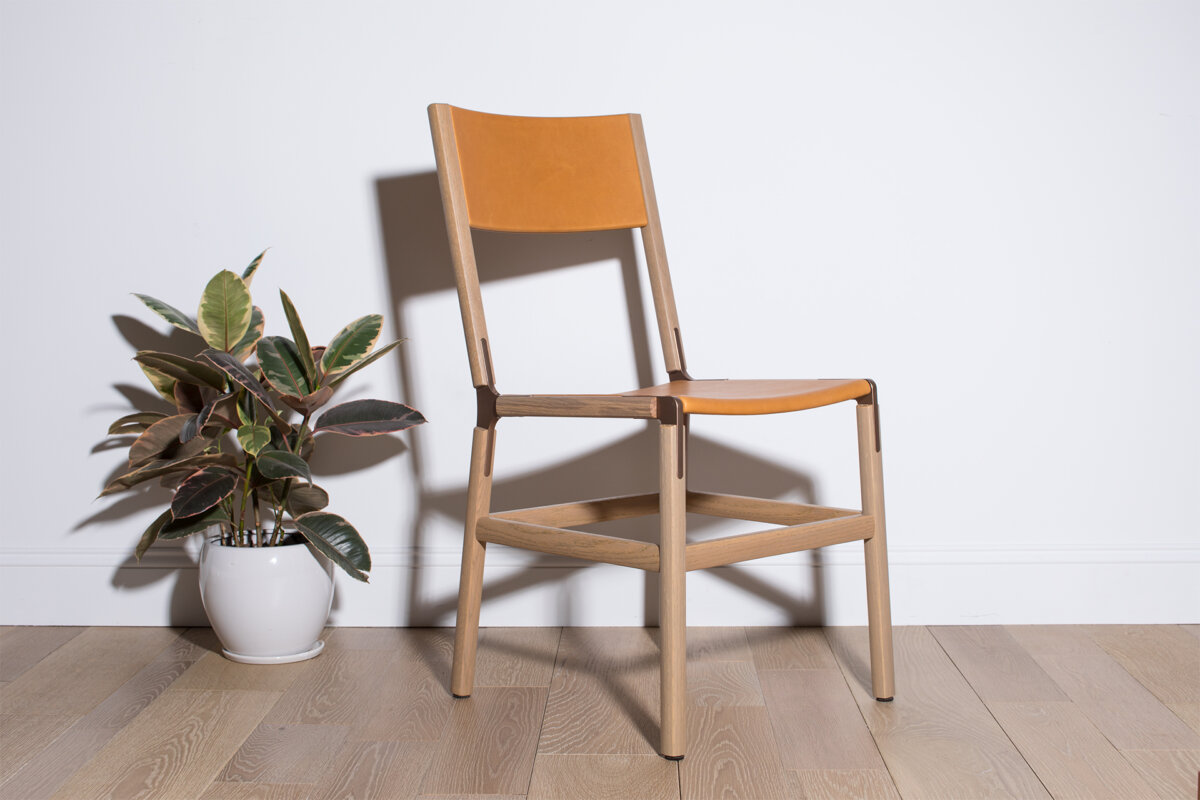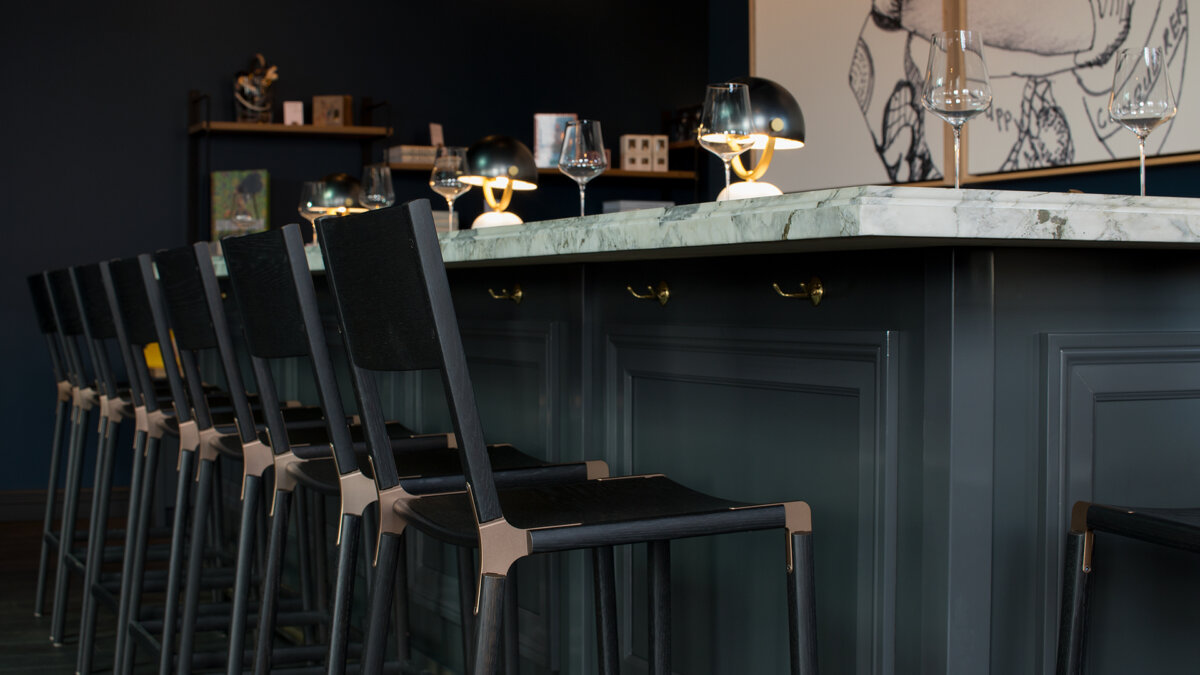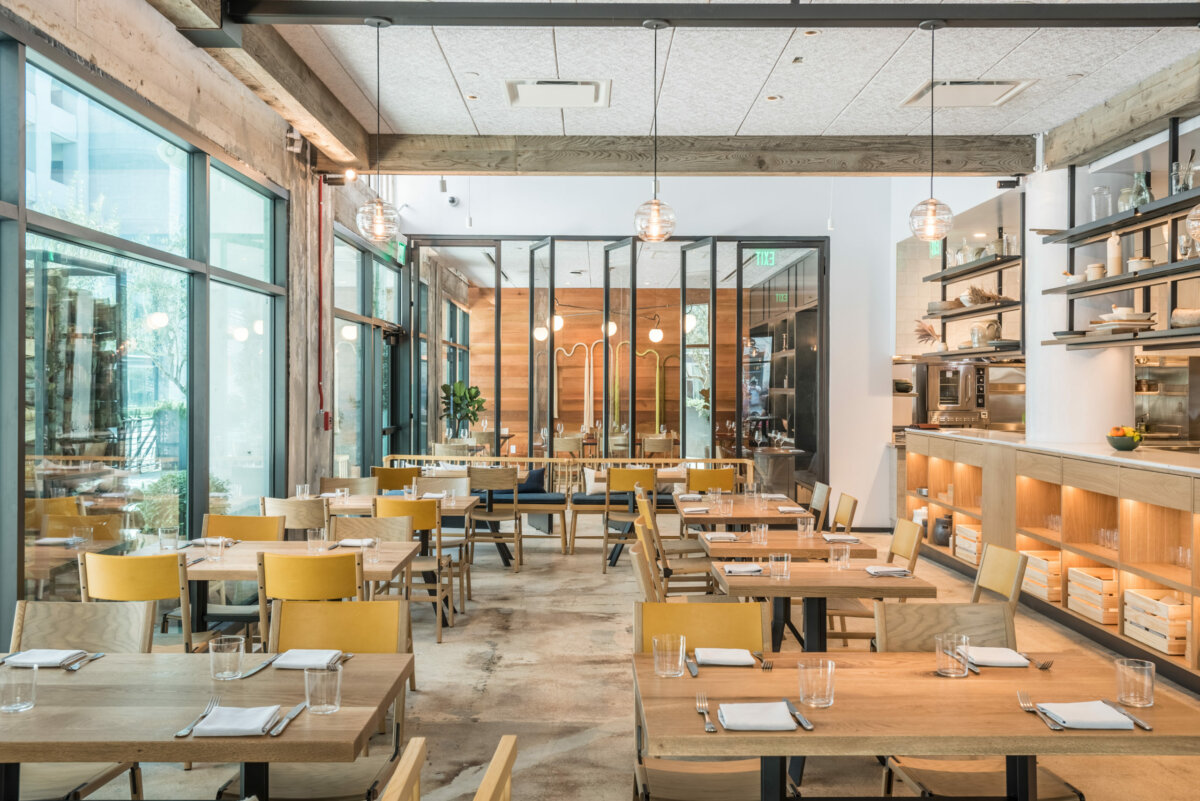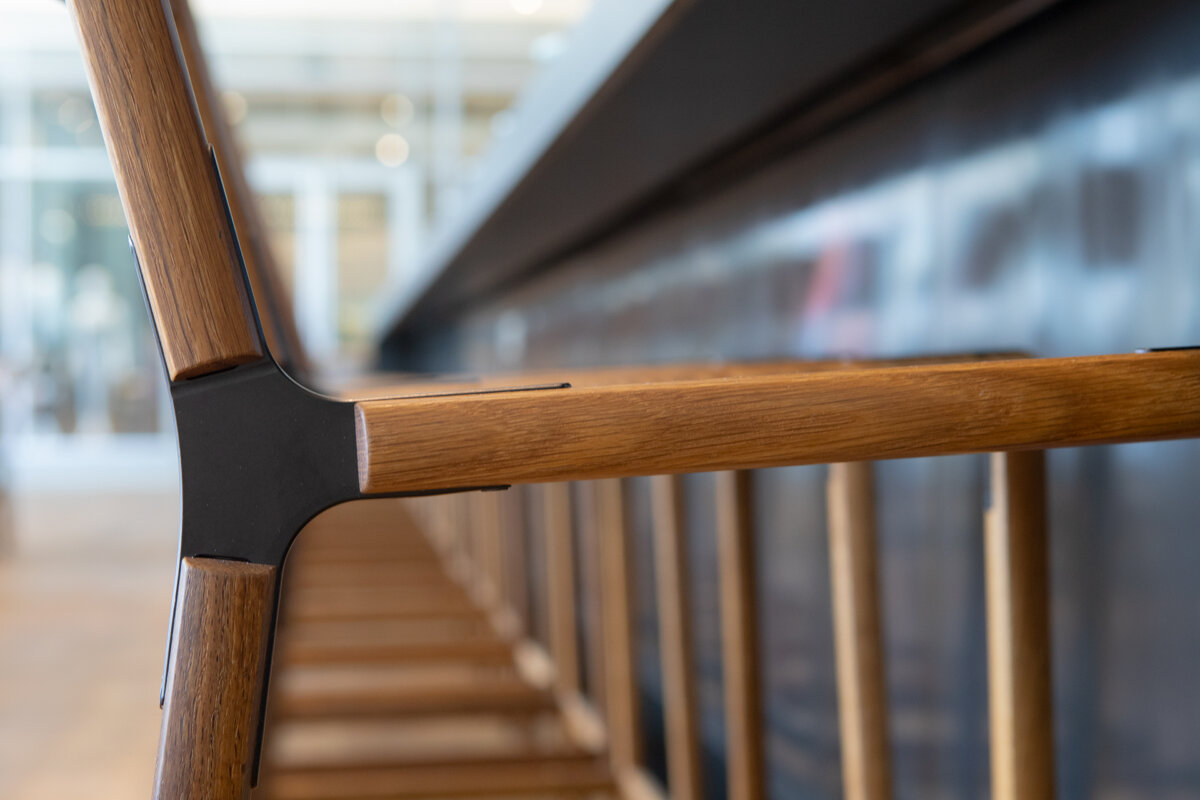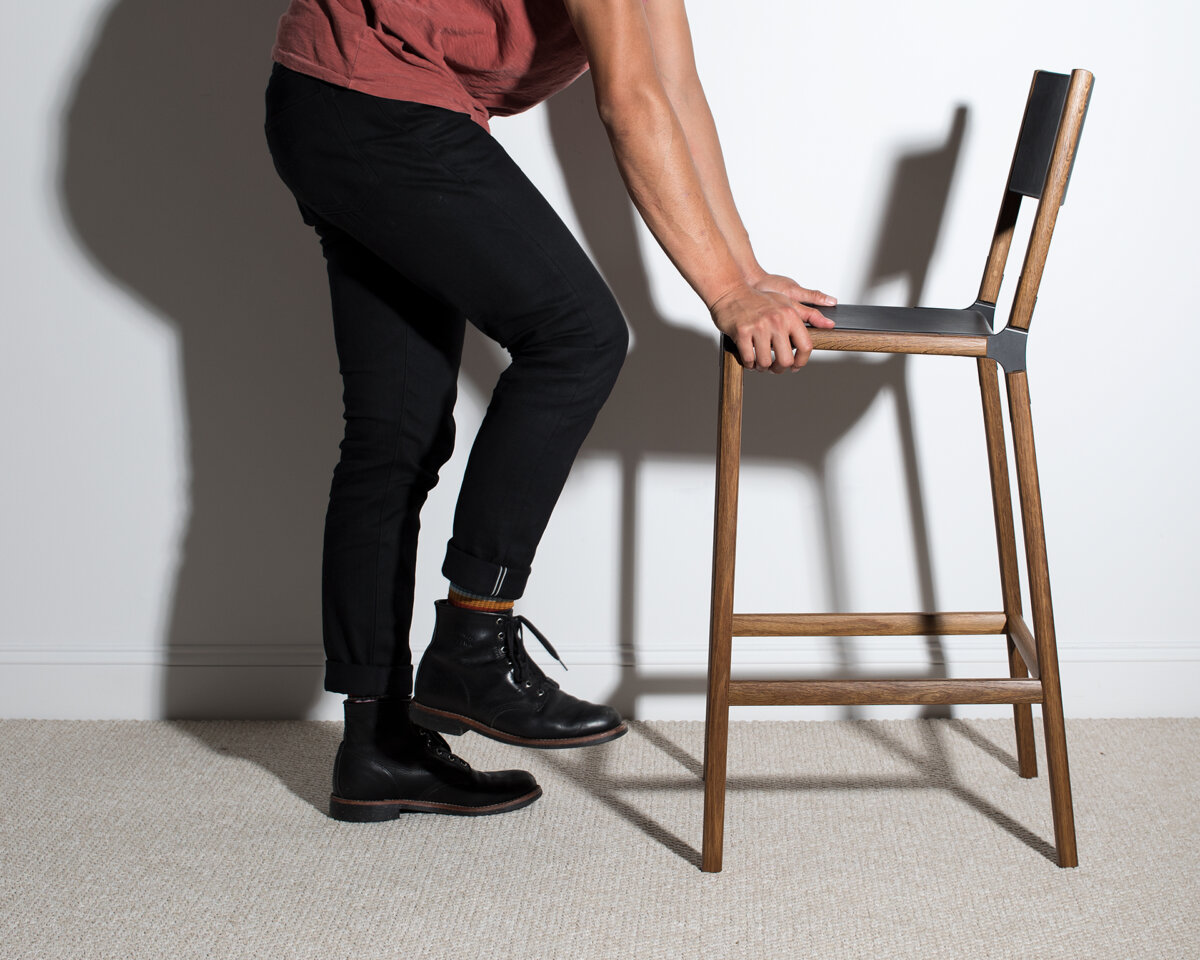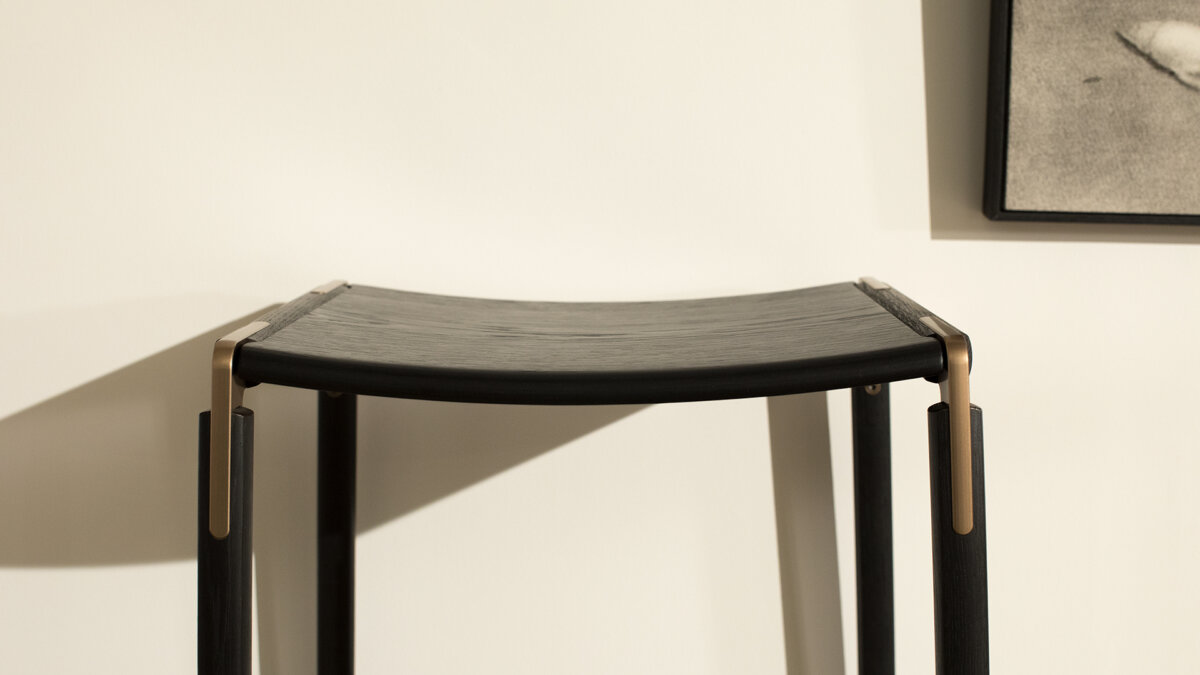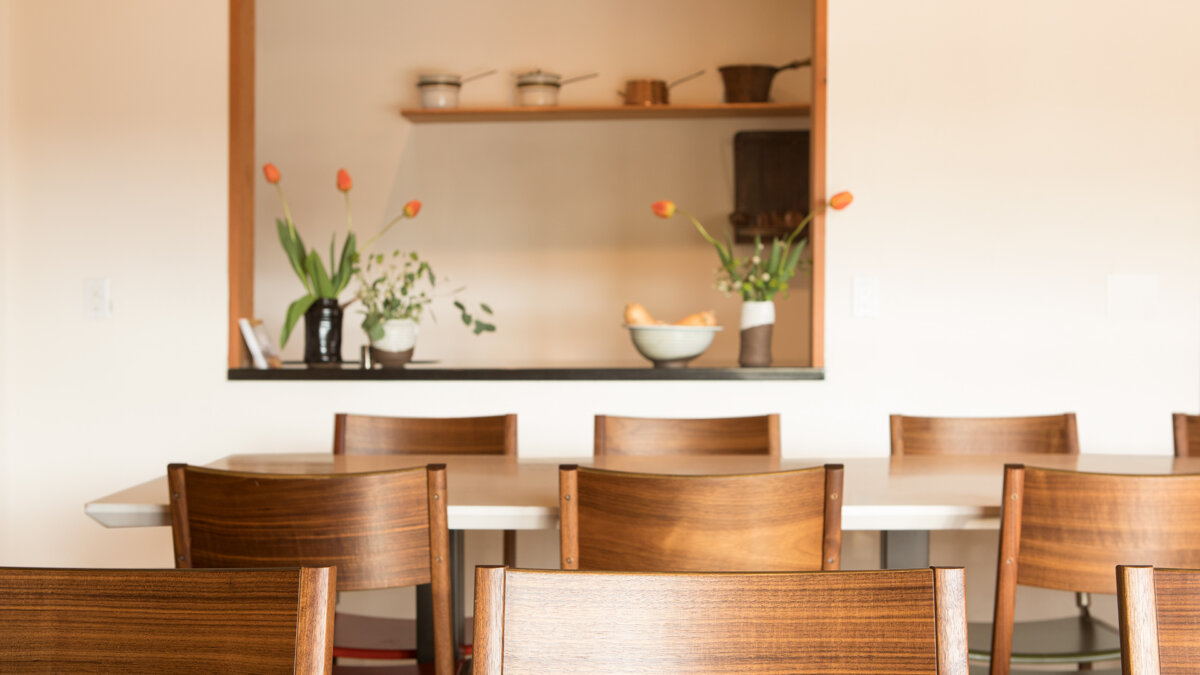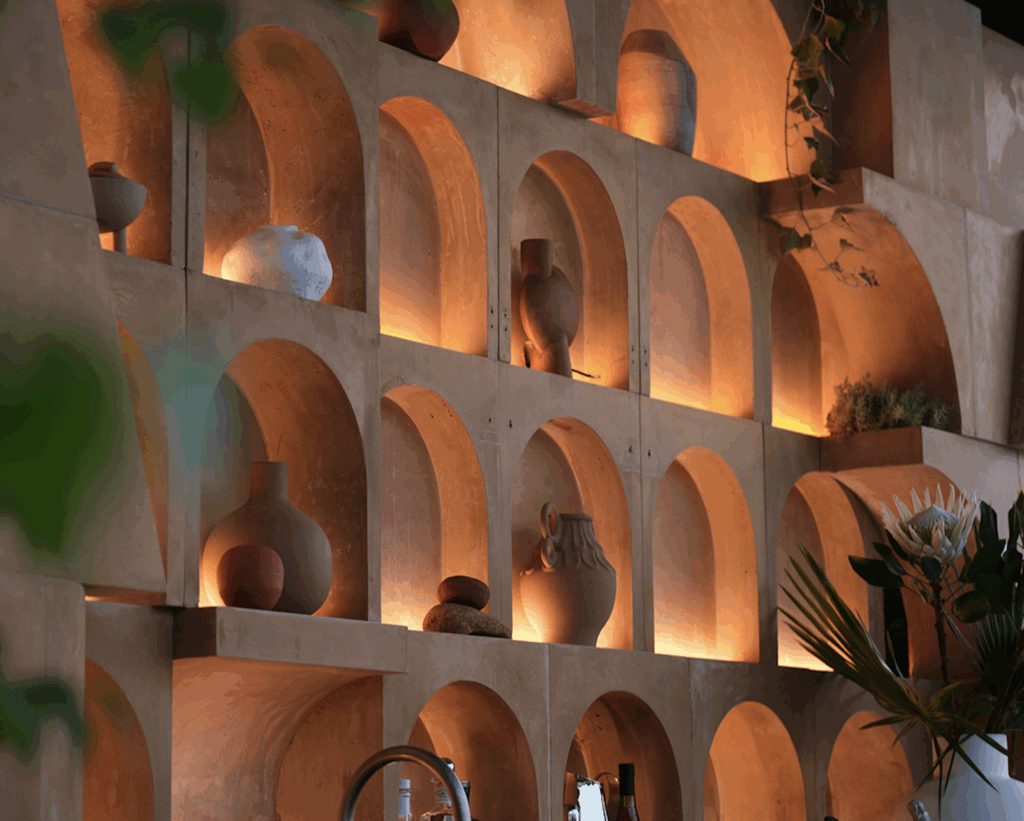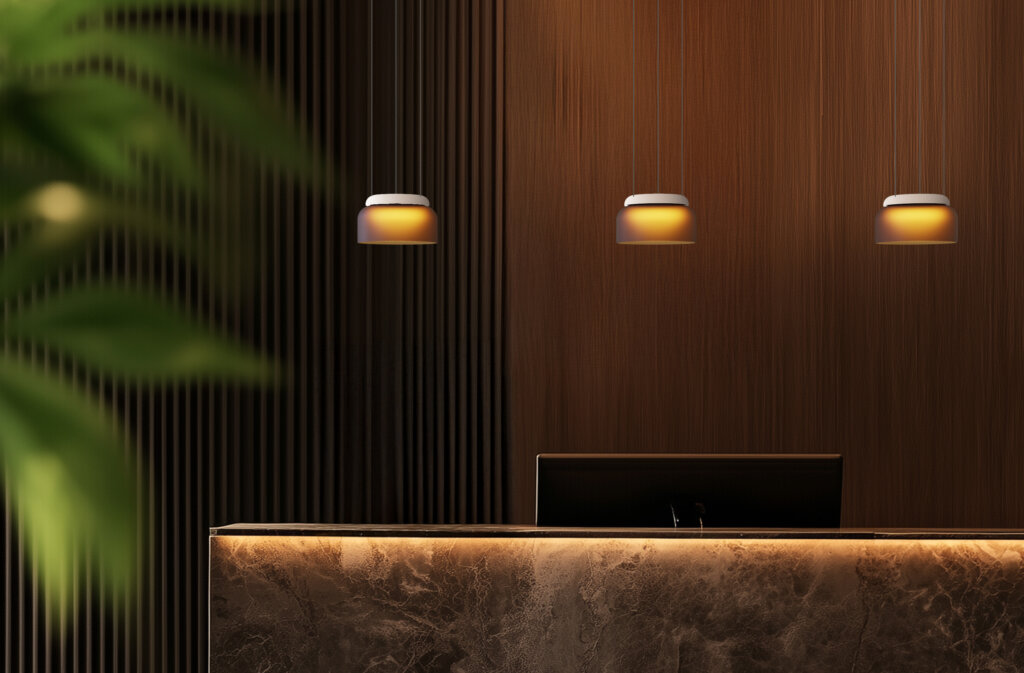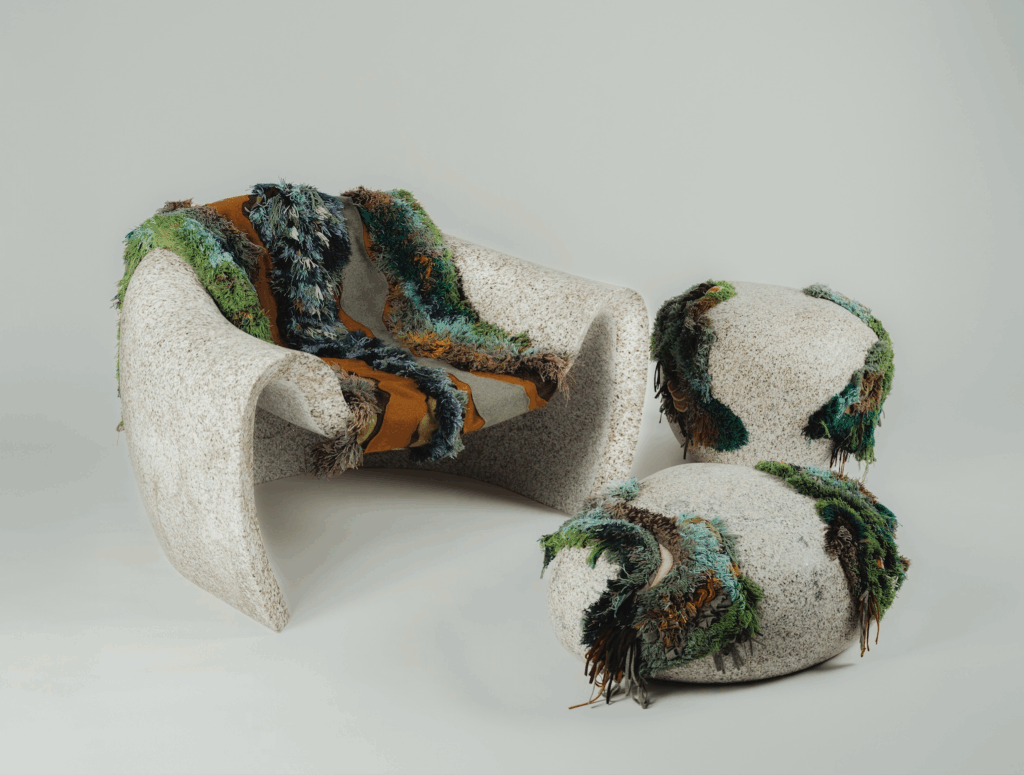Durable yet stylish, the chairs made at San Francisco furniture studio Fyrn are comfortable and fashioned from honest materials. Co-founded by Ros Broughton and David Charne in 2012, Fyrn debuted the collection Stemn four years later, and will launch a series of nested tables at ICFF 2020. Here, Charne discusses family, sustainability, and the allure of timelessness.
Ros Broughton’s family first started making furniture in the 1900s. How does that past inform Fyrn’s vision?
Ros’s grandfather revived production of the classic American Hitchcock chair in the 1930s; his father and brother were timber framers and door builders. Ros and I wanted to make a company that was for today, with all of our ecological challenges, material sensitivity, and incredibly sophisticated fabrication opportunities. Ros’s initial concept was to design a system of furniture, beginning with seating, that used minimal wood, was incredibly strong, comfortable for a variety of people, able to ship flat, and that could be easily repaired throughout a piece’s very long lifetime.
How would you describe your inaugural Stemn collection?
We wanted to create furniture that invites people to slow down and really look at and feel an object. We want them to come to one of the many restaurants, coffee shops, or bars that use our furniture and leave with questions: How was the chair produced? What kinds of materials were used? And we want to share that information; we believe that if you know the story of a chair’s origin, you’ll want to live with it for decades. One of our main aims is to change the idea that furniture is disposable. We want the collection to feel like something you’d want to pass along to your children and grandchildren.
Are there certain pieces that Fyrn is synonymous with?
We see our Mariposa chair as one of the centerpieces of the collection; it’s the one you’re most likely to see in the dining room of restaurants like M. Georgina in Los Angeles or Komi in D.C. Our barstool is a favorite for comfort and aesthetics, particularly in charcoal with copper bronze brackets like in San Francisco’s Nari.
Are there trends making an impact on the business?
The realization that our planet cannot sustain our current rate of consumption and the way in which we use resources. We’re not interested in following aesthetic trends; instead, we’re glad that our principles—of reuse, resale, and keeping an item for generations—can find a foothold in today’s increasingly conscious consumption climate.

